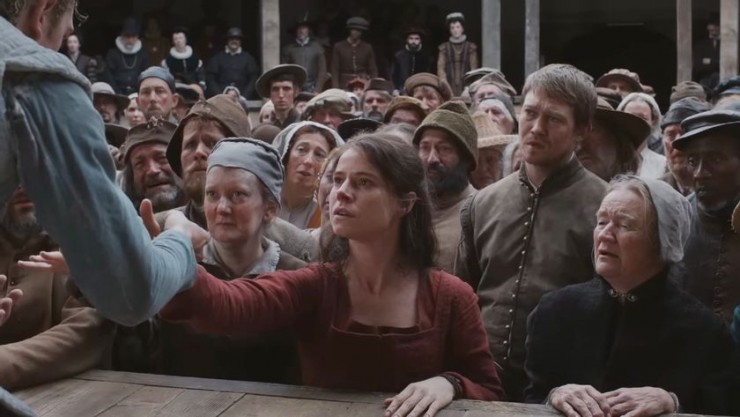Beyond the headlines about a clampdown on rogue BBC employee tweets, Tim Davie was grilled on everything from diversity and equal pay to the future of channel brands in his first DCMS select committee hearing as director-general.
Freelancers
Davie acknowledged that “uncertainty levels are high” amid shifting government responses to the second wave of the coronavirus pandemic.
The BBC has offered regular freelancers access to loans from its Hardship Fund and in some instances paid and topped up their fees through its own furlough-esque scheme.
Davie said the corporation, including production arm BBC Studios, had managed to avoid any significant talent drain. He warned however that if a second lockdown was imposed, pausing production on continuing drama and undoing the steps taken to get premium productions back on track, leaving freelancers without work for an extended period, “you’re looking at expertise leaving the industry”.
Diversity
Asked about his definition of a ‘BBC type’ with allusions to a North London ‘metropolitan elite’, Davie asserted: “Even though I’d defend our current performance, there is a challenge for all modern institutions to recruit diverse talent. I do worry sometimes there is a ‘BBC type’ and certain way of thinking … but we’re better than the cliché.”
Davie said he was spending “an enormous amount of time” talking to BAME staff in open forums and accepted that while 12% of the senior leadership is BAME and each of the BBC’s divisional board has BAME representation, “that number is being slightly kind to us … We have to recruit differently and place people into decision-making roles. We’ve moved to a fairer place – but the biggest job we’ve got to do is to get people promoted up through the organisation.”
He also vowed to looked into claims of racist behaviour within the BBC outlined in a series of reports in the Eastern Eye.
Meanwhile, the BBC has settled 38 cases relating to equal gender pay, with 20 still to be resolved. Of these, eight are tribunal claims, two are being handled informally within the BBC and the remaining ten are going through formal internal processes – four at the grievance stage and six at the appeal stage. Davie also revealed there were 90 bullying and harassment cases across the BBC in the past year.
Channel brands
While the BBC is still “miles away” from reducing its linear channels and slots in the face of an upturn in on-demand viewing, changing habits are informing the BBC’s commissioning structure, he said.
“What you can’t do in this world is solely commission for a linear shape,” he said. “Charlotte’s job is to ensure our drama offering works for iPlayer as well as it works for BBC1 and BBC2.” This includes consideration of episode lengths and number of episodes across on-demand and linear.
“We can’t afford to have massive resources in every silo, you’ve got to have a commissioning base that looks at content in the round and the value to licence fee payers… The days of a proper serious piece of Sunday drama are still there but still part of a more sophisticated mix.”
Young viewers
While young audiences are a “critical part” of underserved audiences, Davies a slight shift away from his predecessor Tony Hall’s emphasis on youth by stating that output must be “relevant for all ages”. Improving the BBC’s reach with groups that have always been underserved – “certain regional areas and C2DE” – will get more critical, he said.
As a father of three teenagers, Davie said he is “well aware” of the media consumption of under-35s but stressed that many young viewers still watched big news, entertainment and sports events live.
“There’s going to be a cohort from whom everything’s on demand and we’ve got radical reform in terms of how we deliver that,” he said. “For under-25s, linear might largely be gone for them, but the data doesn’t quite suggest that at this age. Linear will have limited hours and limited reach, but it will still be there.”


